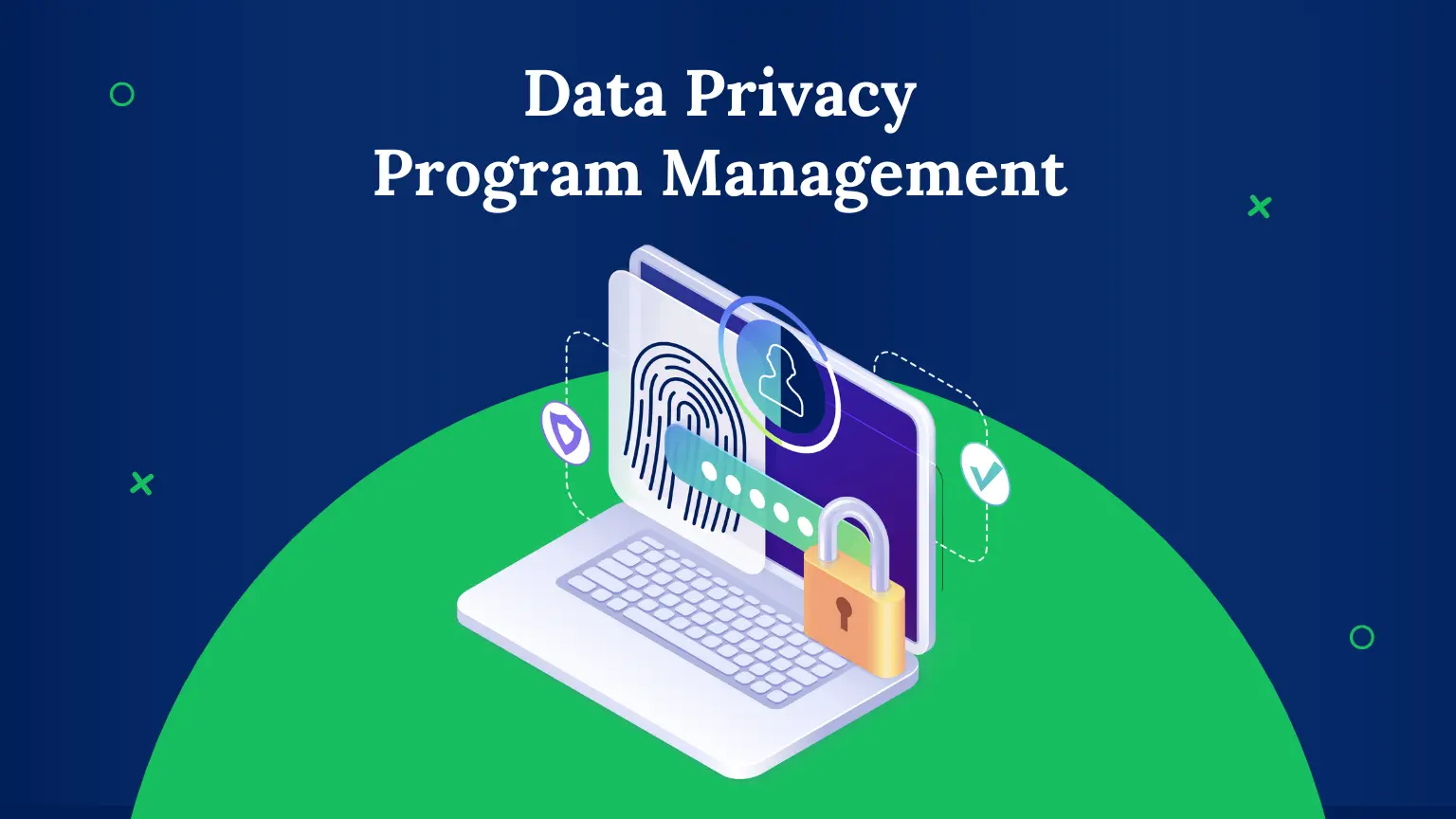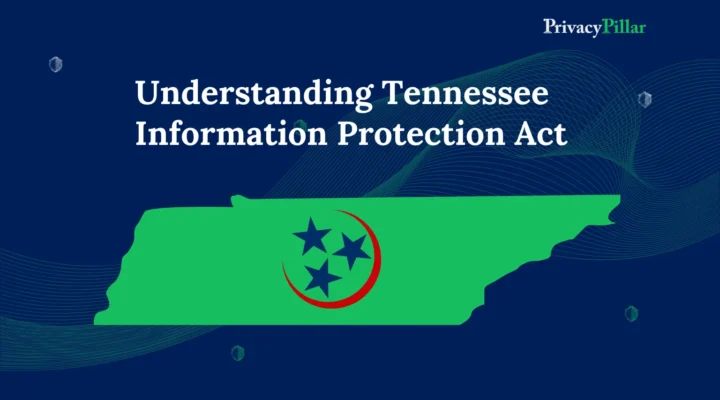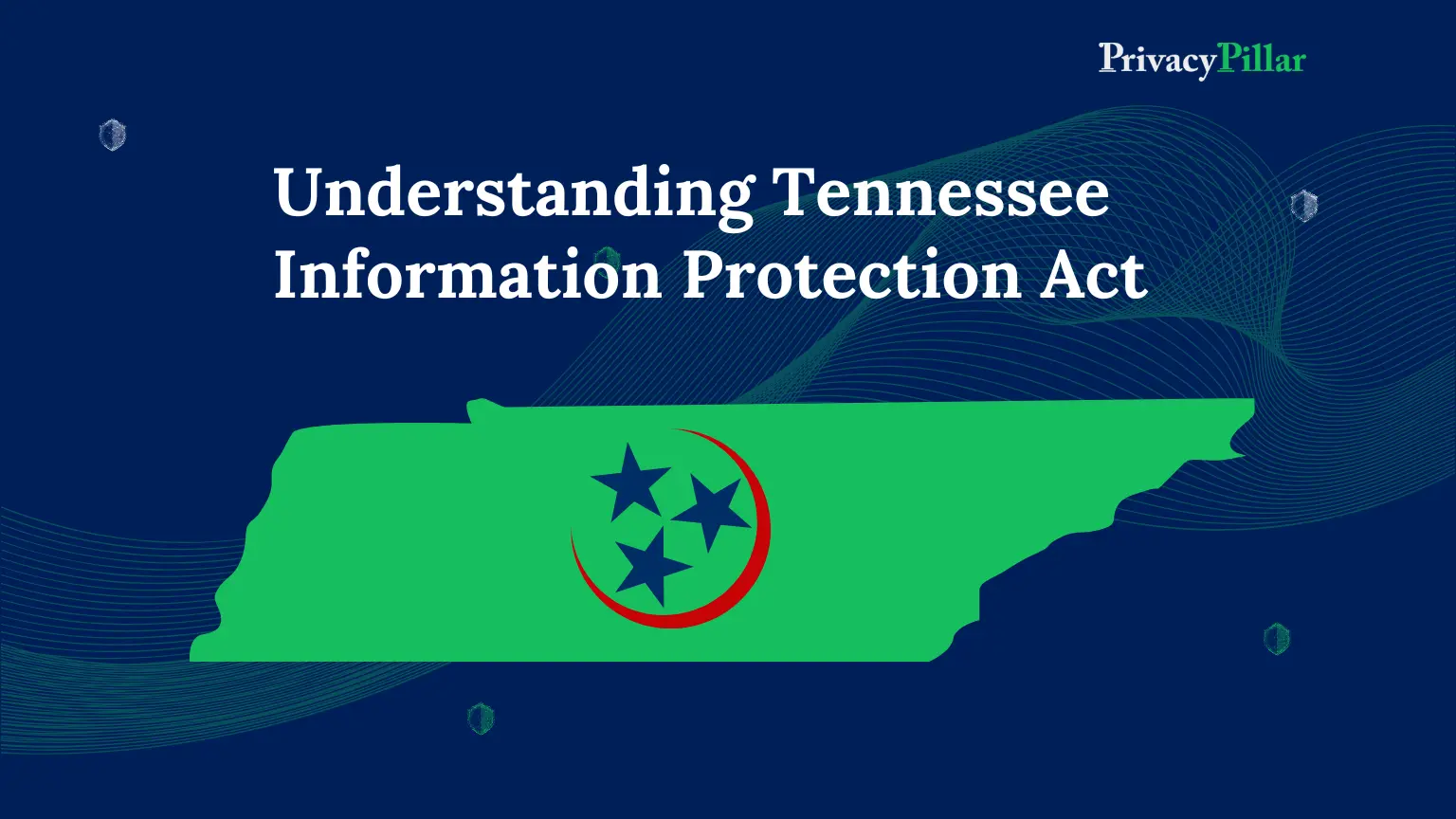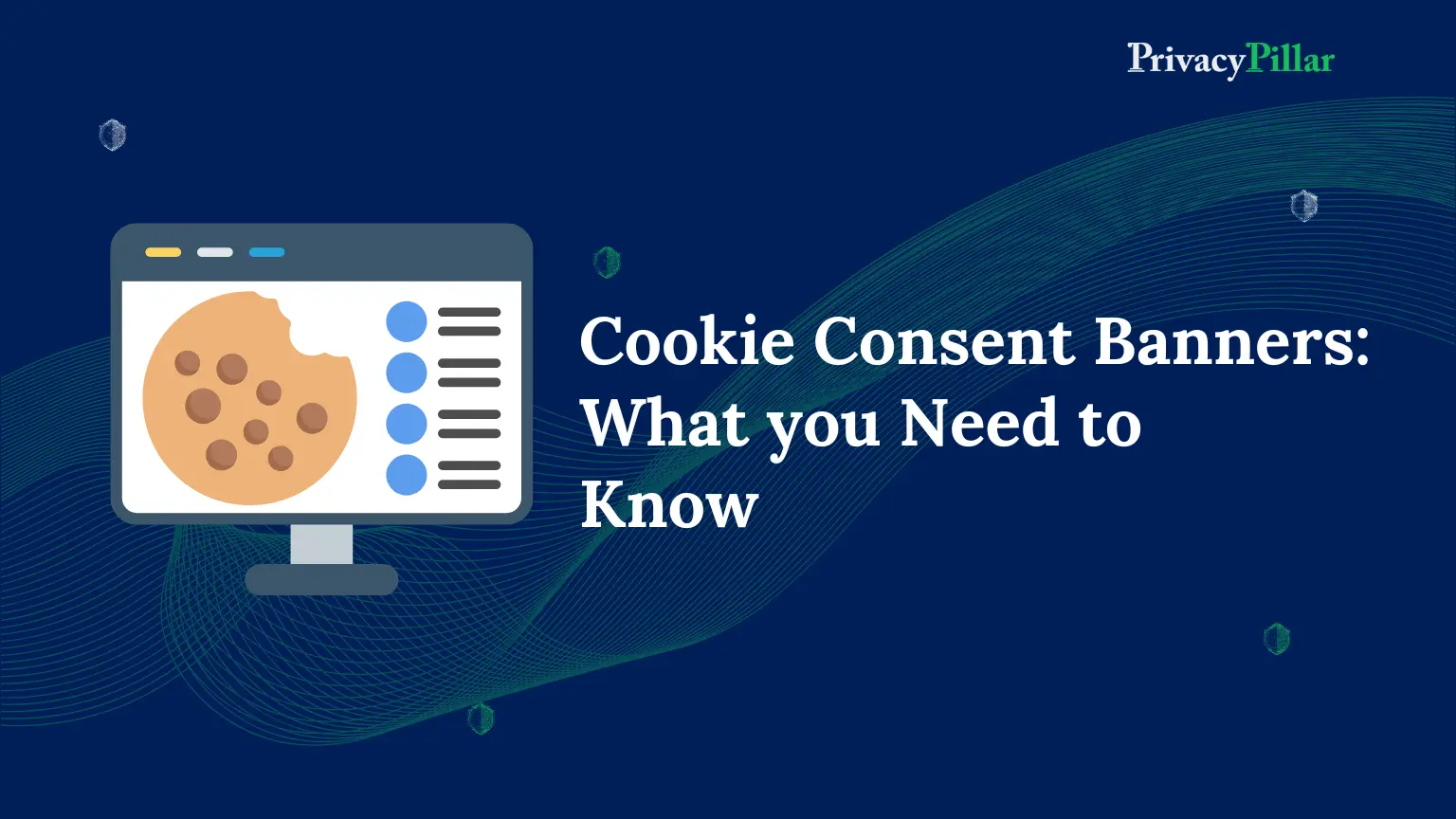
Business Guide to Data Privacy Program Management
You’ve likely heard the saying, “Data is the new oil.”
Indeed, data is driving more and more businesses nowadays.
The quality and quantity of your data are critical factors in determining personalized consumer experiences, automated marketing messages, and science-driven insights.
Companies are keen to collect data, and they are doing so at a rapid speed. A study also found that 90% of the data in use today was created in the last two years.
(Source- Integrate)
Conversely, legislators are concerned with protecting people’s safety and privacy.
Data privacy is critical because it protects individual rights, fosters confidence in digital interactions, and preserves personal integrity in an increasingly data-driven society.
Organizations often find it challenging to comply with data privacy laws such as the California Consumer Privacy Act (CCPA) and the General Data Protection Regulation (GDPR) of Europe.
These regulations require strict access controls to protect customers’ sensitive personal data.
This is where data privacy program management comes into the picture, as these programs help your business protect the data of not only your customers but also the company’s data.
With these programs, a company can also comply with the applicable privacy regulations in their region.
This article will review everything you need to know about data privacy program management.
What is a data privacy program management?
A data privacy program provides a framework for solving issues related to data privacy.
It’s a collection of strategies, procedures, and tools you apply to protect the privacy of your partners, customers, employees, and other stakeholders.
Ultimately, it strengthens your company’s capacity to collect, handle, and store personal data in a manner compliant with applicable data privacy regulations.
As every business handles personal information differently, data privacy programs will vary from one to another.
However, there are standards and best practices that you can adhere to create a data privacy program that is effective for your company, provided that your primary focus is on building a framework.
This article will further discuss the best practices for data privacy program management.
Understanding data privacy program management
Data privacy program management includes guidelines, procedures, and programs to protect confidential data for organizations and customers.
Strong data privacy and protection policies can impact a company’s ability to attract and retain consumers.
Poor management can make businesses easy prey for massive security breaches that wipe out entire industries.
A well-run program contributes to the company’s competitive advantage by making data privacy a crucial component of operations.
By fulfilling legal requirements and industry standards, companies can:
- Strengthen the reputation of their brand
- Fulfill and exceed the expectations of the customer
- Protect the rights of consumers.
- Protect data against fraudulent danger.
- Maintain the customers’ and business partners’ trust
- Ensure compliance with regulations
What is the need for data privacy program management?
The first thing that comes to mind when someone asks why companies need privacy program management is, “So we don’t get fined for breaking the law.”
There’s nothing wrong with using this as the driving force behind your data privacy program management.
Over 1,200 GDPR fines totaling more than €2.3 billion have been issued.
Furthermore, even though U.S. privacy laws are still in their initial days, authorities such as state attorneys general and the California Privacy Protection Agency (CPPA) have shown their intention to enforce the law.
However, creating a data privacy program for your company would still be a good idea, even without these legal obligations.
Ultimately, these laws aim to protect businesses and customers, not to levy fines. The following are some more factors for implementing a data privacy program:
- Personal data protection
Data privacy programs help companies protect the personal information of their customers, employees, and other people.
This is vital for maintaining consumer trust and confidence in the company. In addition, it’s the right thing to do for your customers as well.
- Preventing data breaches
Data privacy programs help companies prevent data breaches, which can seriously affect individuals and the organization’s financial stability and reputation.
Data breaches are more common and severe than ever in today’s technological age.
Data breaches can cost firms a lot of money, harm their reputation, and have legal repercussions.
- Strengthening business operations
You could strengthen your information governance capabilities by knowing where customer data is stored and lowering the likelihood of data breaches.
You’ll also have cleaner, more up-to-date consumer data, a better understanding of the data at your disposal, and more benefits of your data privacy program.
- Reputation management
Companies that have robust data privacy programs are perceived as more reliable and responsible, which can improve their standing and draw in new customers.
Fundamentals of Data Privacy Program Management
Understanding the fundamentals of privacy protection is helpful when launching programs and handling regulatory changes.
The pillars pose the following question:
- What kind of data is being collected?
- Where required, were notice and consent presented or collected?
- What is the purpose of it?
- Where is the data stored?
- Where is data processed?
- Who has access to data and why?
An in-depth understanding of the answers to these questions enables businesses to develop privacy policies that boost compliance and lower risk.
Taking care of each pillar can make planning and assessing a company’s privacy strengths and weaknesses easier.
But laying a solid foundation is just one aspect of the bigger picture.
Making a plan is not the end all, even though it is helpful.
Constant implementation is required; otherwise, the best plans can be wasted, and businesses suffer significantly.
Role of a Data Privacy Program Manager
Managers of the company’s privacy programs oversee how customer and prospect data is used for marketing.
Their teams must adhere to data privacy best practices to keep their businesses compliant with current regulations and customer needs.
They have to establish policies and keep them up to date. While their duties might not change, they must be ready and proactive for their organizations to stay updated with the ever-changing privacy landscape.
Data privacy program management’s best practices
Multiple tasks are involved in the processes and procedures to maintain data security.
They cover everything from making inventories to reporting incidents.
Staying updated with all activities can help reduce breaches but require time and expertise.
- Data discovery and asset inventory
Businesses that are aware of where their data is stored can better control the potential risk to their privacy.
They can accomplish this by compiling a data asset inventory.
What kind of information is stored can also be found out from this inventory.
Risk levels can be more accurately determined by having clear visibility of its storage location, authorized users, and collection method.
- Privacy assessments
Since managing data privacy is a continuous process, ongoing assessments provide reports that identify privacy concerns on time.
Based on the findings of assessments, businesses can set priorities for their operations and create the necessary regulatory documentation.
Vendor assessments can ensure that third parties handle personal data properly for businesses that partner with them.
In a data supply chain, each party handles data securely. A weak link can expose a customer’s private information, harming the reputations of all those involved.
Not only are privacy assessments a crucial component of your program, but many of the recently passed state and federal privacy legislation in the United States, like the GDPR, also mandate them.
- Privacy incidents
The speed at which a business learns of a breach influences how quickly it can respond.
It is wise to give employees the tools and authority they need to report privacy incidents.
While triggering a response is crucial, figuring out what happened is just as critical. Using the findings of a data breach assessment can assist in avoiding such one.
Companies are required by several regulations to report privacy incidents. Data security and compliance can be maintained by putting a system in place.
- Requests for privacy rights
The GDPR and every new state privacy law in the United States mandate privacy rights.
Sometimes, a person requests access to the data that is being stored about them. Before releasing data, companies must ensure the people making the request are who they claim they are.
Data Subject Access Request (DSAR) management allows access to consumers, verifies identities, and seamlessly distributes information to minimize customer dissatisfaction.
- Global cookie consent
A growing number of privacy laws mandate that websites allow users to manage their cookie preferences.
Government agencies are satisfied when regulations are adhered to.
It can also increase trust among consumers. Providing consumers with the cookie consent they expect may seem trivial, but it can keep them happy and promote repeat business.
- Notices and policies regarding privacy
A website’s privacy policies and notices are almost as vital as consent to use cookies.
Publishing them informs users about the owner of the website’s data handling practices.
Notifications must be given before any personal information is collected in many jurisdictions. This can develop customer trust and help in compliance with privacy laws.
Data privacy program management challenges
Programs for privacy seem complex, and that’s because they are.
Effectively managing one requires full-time work. Problems can occur that impact a program’s effectiveness and privacy operations.
- Changing Regulations increases the complexity.
Data privacy managers and their teams may become overwhelmed by the complex system of regulations as more states and nations implement data laws.
It is challenging to comply with regulations that change frequently. It requires dedication to keep up with all the laws.
- Setting priorities is challenging on a small budget.
Some businesses cannot afford to pay for strict data privacy measures. The costs of people, tools, and software are high.
Sometimes, struggling businesses prioritize profit margins over the security of their customers’ data to stay afloat. It will be a while before these companies pay huge fines for noncompliance.
- It takes effort, patience, and time to hire privacy people.
A data privacy program takes time to implement. Companies will need to hire privacy consultants if they don’t already.
Companies may find the hiring process tedious, particularly in today’s busy corporate environment.
Furthermore, hiring a new employee will add to the expenses that may be beyond the tight budget.
Most companies demand results right away. They will, however, gain nothing if they cannot find the right person or person to manage their privacy program.
Data privacy program management solutions
Some businesses have difficulty managing data privacy for several reasons, which are:
- Absence of subject matter expertise
- Limited resources (cash, time, and skilled staff)
- The complex nature of the privacy program management
- Complicated laws
Software for privacy compliance and managed services packages can be tailored to an organization’s needs, technology, and timeline to help it overcome data-handling challenges and issues.
A platform with full integration can:
- Create a central center for data asset inventory to find out what information is kept, how it is used, and where it is transported.
- Automate privacy assessments to collect information automatically and start processes like alerts and approvals.
- Allow workers to follow up on privacy problems automatically and report data breaches on time.
- Automate compliance-oriented data requests.
- Easily modify and publish website privacy notices and policies.
Some privacy compliance platforms offer scalable compliance and enhance current systems and procedures.
A privacy platform-based framework or automated solution might help a business that handles many requests by reducing the workload.
Many factors influence the privacy requirements of every given company.
For example, a company’s business and legal obligations may set the parameters for its privacy program.
Whatever the cause, proactively managing risk and compliance can lessen or even eliminate major problems both now and down the road.
Businesses that comply with best practices for data privacy are better positioned to hold onto their market share through the trust of the public and customers and even surpass slower-moving competitors.
Conclusion: the key to successful data privacy program management
Although the things we suggest doing in this article are important, they are only the first step.
Although it’s a whole project in and of itself, educating and training your coworkers on their privacy duties is only one part of a comprehensive data privacy program.
Therefore, you must use the data privacy tools that are readily available to you.
The infrastructure required for data privacy compliance can be built in-house, according to non-privacy professionals.
However, this assumption frequently fails to account for the multiple challenges that data privacy compliance poses.
Investing in in-house development also binds you to upgrades and maintenance each time the law changes, which happens often.
With outside assistance, you will have the time and resources to create a data privacy program that works for your company.
PrivacyPillar can be your partner in automating the most time-consuming compliance tasks, such as consent management, cookie consent management, consent preference management, DSAR management, and more, so you have more time to attend to your company’s unique requirements.



